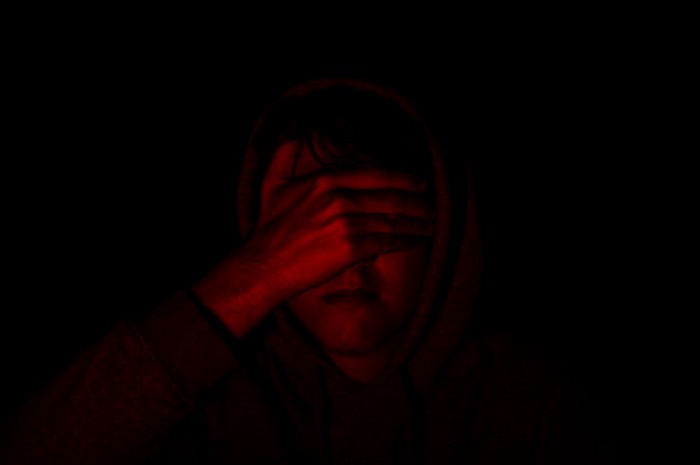Some time ago, I posted a blog describing a breakup in my family, some of the reasons it may have occurred, and my role in creating the suffering.
In response to the post, I received a flood of personal emails and phone calls from close friends and family who had read it.
“Thank you for the courage to post this.”
“It’s happening in our family too.”
“It helps to know I’m not alone.”
But when I asked them to engage with me in an online conversation about this painful topic, the answer was always the same: “I feel too ashamed.”
It’s time for us to get over it.
Embarrassed versus Ashamed
We feel embarrassment when we’ve done something wrong, like inadvertently hurting a family member’s feelings. We’ve all been there, done that.
We feel shame when we are mortified by who we fundamentally are. For example, when we feel we’re the kind of selfish, egocentric person who would be oblivious to our family’s feelings. We believe we are alone in our shame.
Do We Really Think Everyone Else Has a Hallmark-Card Happy Family?
Quite on the contrary, San Francisco psychologist Joshua Coleman calls family estrangement an epidemic because of its prevalence in our society, and a “silent epidemic” because we are too ashamed to talk about it.
Shame is probably also why there’s a shocking lack of statistics available on estrangement among family members, despite numerous reports of its pervasiveness.
The Shame is Killing Us
Elizabeth Vagnoni runs a very popular website called “Estranged Stories.” Not surprisingly, she’s found that people are far less uncomfortable talking about these shameful issues with complete strangers than with their friends, where they seem to have more at stake in maintaining their image.
Her ongoing web survey indicates that nearly one in three parents estranged from their children reported having contemplated suicide. That’s almost ten times the annual average rate for suicidal thoughts, according to the Centers for Disease Control and Prevention.
Family estrangement is a heartbreaking experience.
But hiding in our shame makes it even more tragic.
Family Estrangement is Nothing New
Experts provide numerous reasons why estrangement has recently become so prevalent: Today’s “me-first” mentality, a whole generation who “won’t grow up,” not needing to live together, and communication technologies eliminating important face-to-face conversations.
Even our spiritual counselor gave us modern-day reasons: “In America we have no good role models for being elderly parents today,” she said. “Historically, you raised your children, and once they were grown, you faded into the background (maybe helping out a bit on the farm or with the grandkids), and very soon you could die. Now we are living decades beyond when we have any useful role in our families. We simply have no good models to show us what to do under these conditions.”
I don’t disagree.
But this has been going on long before so-called Millennials, high technology and modern-day dispersed populations.
Today, my husband and I visited St. Petersburg, Russia. The opulence of the palaces left us dumbstruck, especially that of Peter the Great. He’s the Russian czar of the late 17th century, especially known for his extensive reforms in an attempt to modernize Russia.
We learned that Peter’s son Alexis didn’t care for his father’s reforms and became hostile toward him. Peter retaliated by condemning Alexis to death. Before his execution, Alexis died in the Peter-Paul Fortress in St. Petersburg from shock and the effects of his father’s torture.
And family estrangement goes back even farther than that:
For example, according to the biblical book of Genesis, Cain and Abel are the first two sons of Adam and Eve. Cain, the firstborn, murdered his brother Abel out of jealousy, after which he was punished to a life of wandering.
So…yes, I did something wrong in my family. Probably many things. And my children did some things wrong.
Let’s continue to be embarrassed about those things, talk about them, and learn from them.
And let’s leave the shame behind.
It has not served us well.


Estrangement with a couple of my children—sure I’m embarrassed. I spent much of my early lifetime trying to do what ever I could to look good in the eyes of others. I’m not quite sure where I got the unfortunate idea that I wasn’t good enough, but it certainly drove many of my life choices. And now of course I’m embarrassed about many of the choices I made going down that path. However, responsibly talking about it has been important to healing.
Similarly with family estrangement, learning to be open, to talk about it, and to grow (rather than continuing to be stuck in being right) is also important to healing. I agree with Marlena that it is time to move beyond shame and have the conversations required for healing ourselves. Maybe then it might even be possible to look newly at estranged relations within the family.